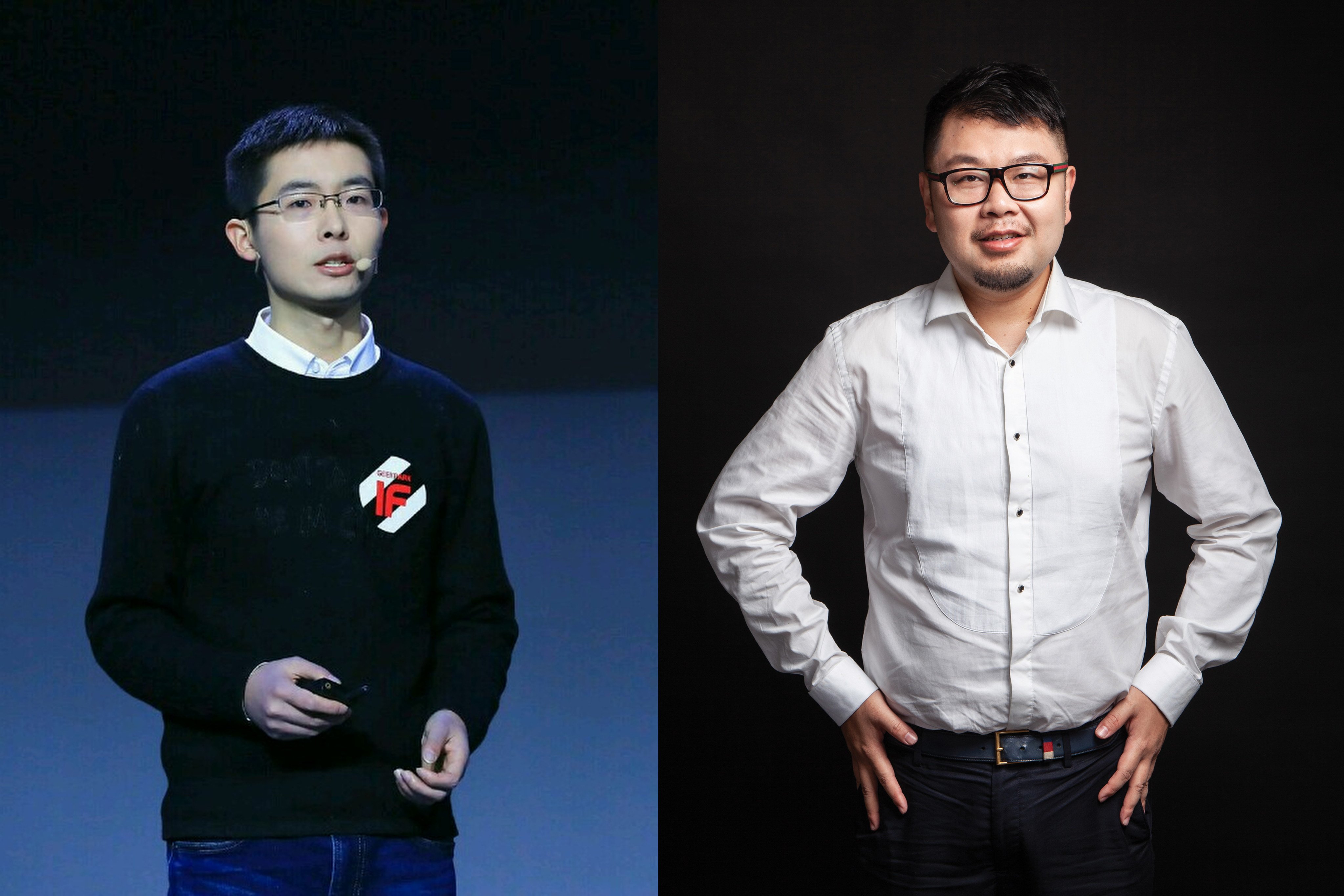The Hong Kong Chief Executive’s Council of Advisers has welcomed three new members, including two tech bosses from Hangzhou’s “Six Little Dragons” and a mainland Chinese economist who was a senior official with the International Monetary Fund (IMF).
The government on Friday announced the appointment of 34 members to the second term of city leader John Lee Ka-chiu’s Council of Advisers, with the two-year appointment to start on Tuesday.
Victor Li Tzar-kuoi, chairman of CK Hutchison Holdings, will not remain in the group after his current appointment ends on June 30. Li’s firm has been embroiled in the controversial sale of its overseas ports, including two Panama Canal docks.
The two tech bosses from Hangzhou appointed to the council are Han Bicheng, CEO of BrainCo, which specialises in brain-machine interfaces, and Wang Xingxing, founder and CEO of humanoid robot maker Unitree Robotics. They fall into the category of “innovation and entrepreneurship” on the council.
Zhu Min, who was the deputy managing director of the International Monetary Fund from 2011 to 2016, is another newly appointed member of the council under the category of “economic advancement and sustainability”.
Zhu is currently a member of the senior expert advisory committee of the China Centre for International Economic Exchanges and part of the board of trustees of the World Economic Forum.
During his trip to Hangzhou, the capital of Zhejiang province, in April, Hong Kong’s leader met representatives of the “Six Little Dragons”, all technology start-ups, including Han and Wang, and visited BrainCo and Unitree.
Lee said he was eyeing more collaboration with Zhejiang, the mainland’s rising tech powerhouse, to launch more “novel and trendy” innovation and technology projects.
BrainCo previously told the Post that it was in talks with the government about expanding its operations to Hong Kong. Unitree, which had incorporated a company in Hong Kong, noted the possibility of listing in the city.
Lau Siu-kai, a consultant at the semi-official Chinese Association of Hong Kong and Macau Studies think tank, said the addition of the tech leaders signalled a growing collaboration with Hangzhou in innovation and technology in the future.
He said it could also mean that the government hoped to learn more from the experience in Hangzhou in developing the technology sector.
“If our goal is to nurture technology companies, what does the government need to do? For example, in terms of financing, the market, infrastructure and policies, what can we do?” Lau said.
Having Zhu in the council could also be related to a plan for pushing the yuan’s internationalisation, Lau said.
“How can we create more yuan-related business, and how can Hong Kong help the country in speeding up the internationalisation of the yuan and reducing reliance on the US dollar?” he said.
He said Zhu could also help Hong Kong in understanding more about the mainland’s financial policies, amid further integration across both sides of the border.
